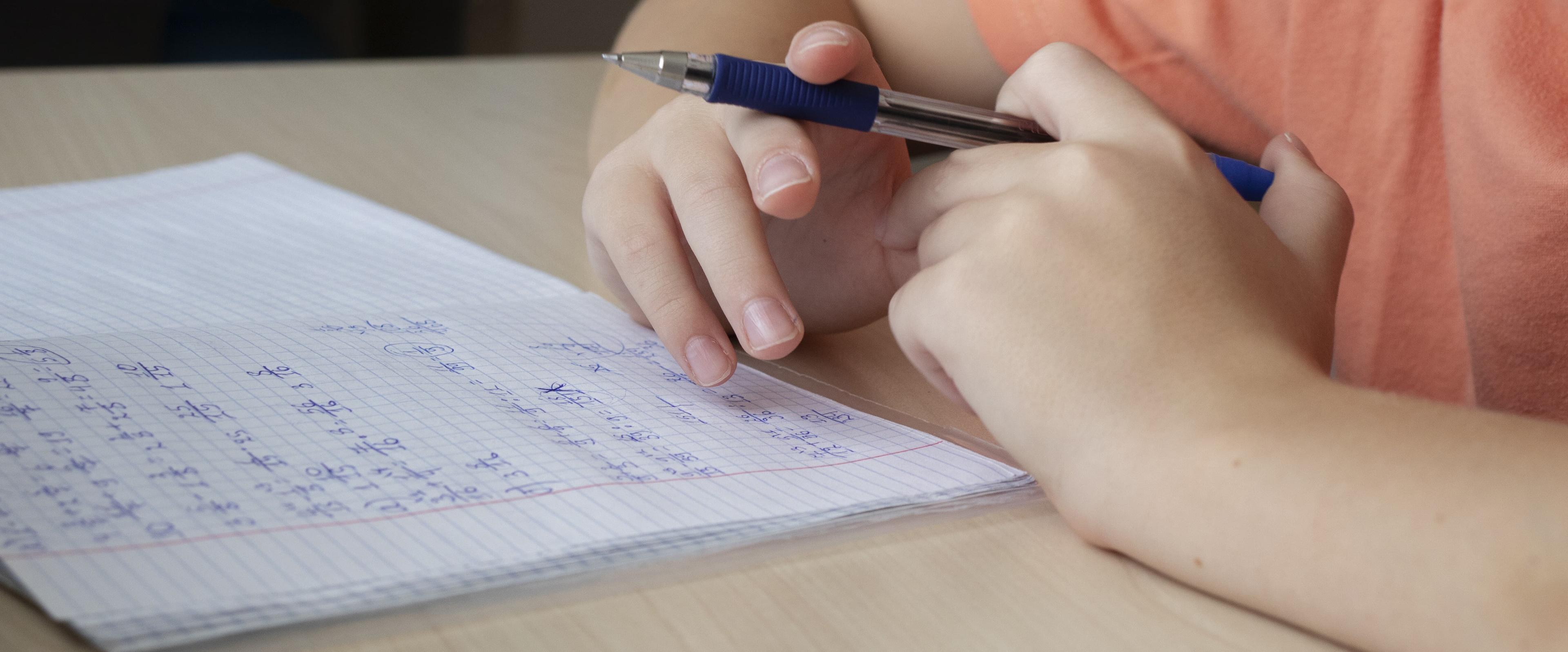As young learners begin their education journey, it's important to establish a strong foundation in mathematical concepts. Starting with simple counting, students can gradually progress to more complex mathematical ideas, such as beginning algebra, all within the pre-primary classroom.

Counting and Basic Mathematical Concepts
Counting is one of the first skills that students learn in maths. Through games, songs, and other interactive activities, students can become familiar with numbers and counting patterns. Teachers can use manipulatives, such as blocks or beads, to help students visualise numbers and understand the concept of addition and subtraction.
As students become more comfortable with counting, they can move on to learning about basic shapes, patterns, and measurements. Teachers can use activities that involve sorting objects by size or shape, building structures using various shapes, and identifying patterns in objects or numbers.
Moving towards Algebra
Once students have a good understanding of these basic concepts, they can begin to explore more complex mathematical ideas. Teachers can introduce the concept of variables and equations by using simple algebraic expressions, such as 2x + 1 = 5. By using visual aids, such as blocks or pictures, students can begin to understand the idea of variables and how to solve equations.
By introducing these more complex concepts at an early age, students can develop a strong foundation in mathematics that will serve them well throughout their education. Teachers can use a variety of engaging and interactive activities to help students learn and develop their maths skills, from simple counting to beginning algebra, all within the pre-primary classroom.

